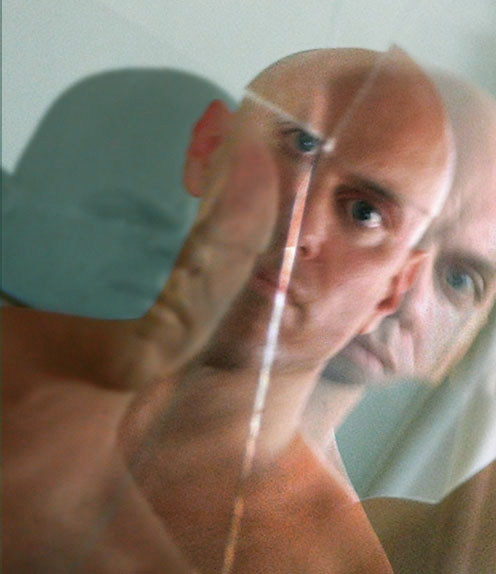Really great piece on Americablog/NYT's about the lengths Gonzales was willing to go...........
Gonzales went to great lengths to implement illegal domestic spying
by Joe Sudbay (DC) · 5/16/2007 09:38:00 AM ET
Didn't see James Comey testify yesterday, but The NY Times has a fascinating account of his testimony. Comey described the lengths to which Alberto Gonzales and Andrew Card were willing to go to break the law and allow spying on the American people. You know it's ugly when John Ashcroft comes across as being on the right side.
This is like something out of a bad spy movie -- unfortunately, it's real:
Mr. Comey said that on the evening of March 10, 2004, Mr. Gonzales and Andrew H. Card Jr., then Mr. Bush’s chief of staff, tried to bypass him by secretly visiting Mr. Ashcroft. Mr. Ashcroft was extremely ill and disoriented, Mr. Comey said, and his wife had forbidden any visitors.
Mr. Comey said that when a top aide to Mr. Ashcroft alerted him about the pending visit, he ordered his driver to rush him to George Washington University Hospital with emergency lights flashing and a siren blaring, to intercept the pair. They were seeking his signature because authority for the program was to expire the next day.
Mr. Comey said he phoned Mr. Mueller, who agreed to meet him at the hospital. Once there, Mr. Comey said he “literally ran up the stairs.” At his request, Mr. Mueller ordered the F.B.I. agents on Mr. Ashcroft’s security detail not to evict Mr. Comey from the room if Mr. Gonzales and Mr. Card objected to his presence.
Mr. Comey said he arrived first in the darkened room, in time to brief Mr. Ashcroft, who he said seemed barely conscious. Before Mr. Ashcroft became ill, Mr. Comey said the two men had talked and agreed that the program should not be renewed.
When the White House officials appeared minutes later, Mr. Gonzales began to explain to Mr. Ashcroft why they were there. Mr. Comey said Mr. Ashcroft rose weakly from his hospital bed, but in strong and unequivocal terms, refused to approve the eavesdropping program.
“I was angry,” Mr. Comey told the committee. “ I had just witnessed an effort to take advantage of a very sick man, who did not have the powers of the attorney general because they had been transferred to me. I thought he had conducted himself in a way that demonstrated a strength I had never seen before, but still I thought it was improper.”
Mr. Gonzales and Mr. Card quickly departed, but Mr. Comey said he soon got an angry phone call from Mr. Card, demanding that he come to the White House. Mr. Comey said he replied: “After what I just witnessed, I will not meet with you without a witness, and I intend that witness to be the solicitor general of the United States.”
Wednesday, May 16, 2007
Subscribe to:
Post Comments (Atom)

No comments:
Post a Comment